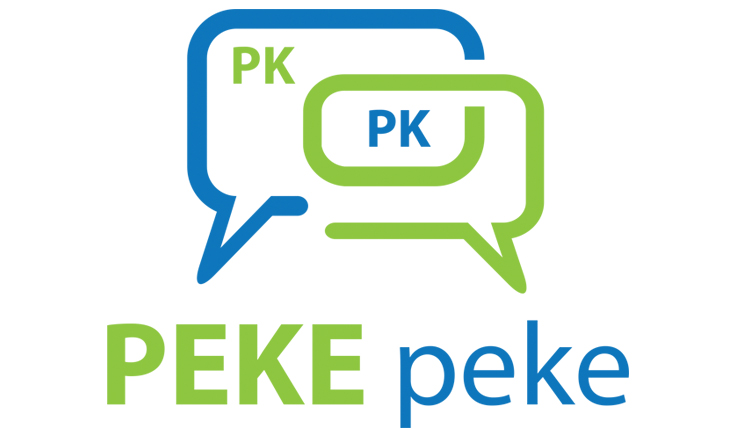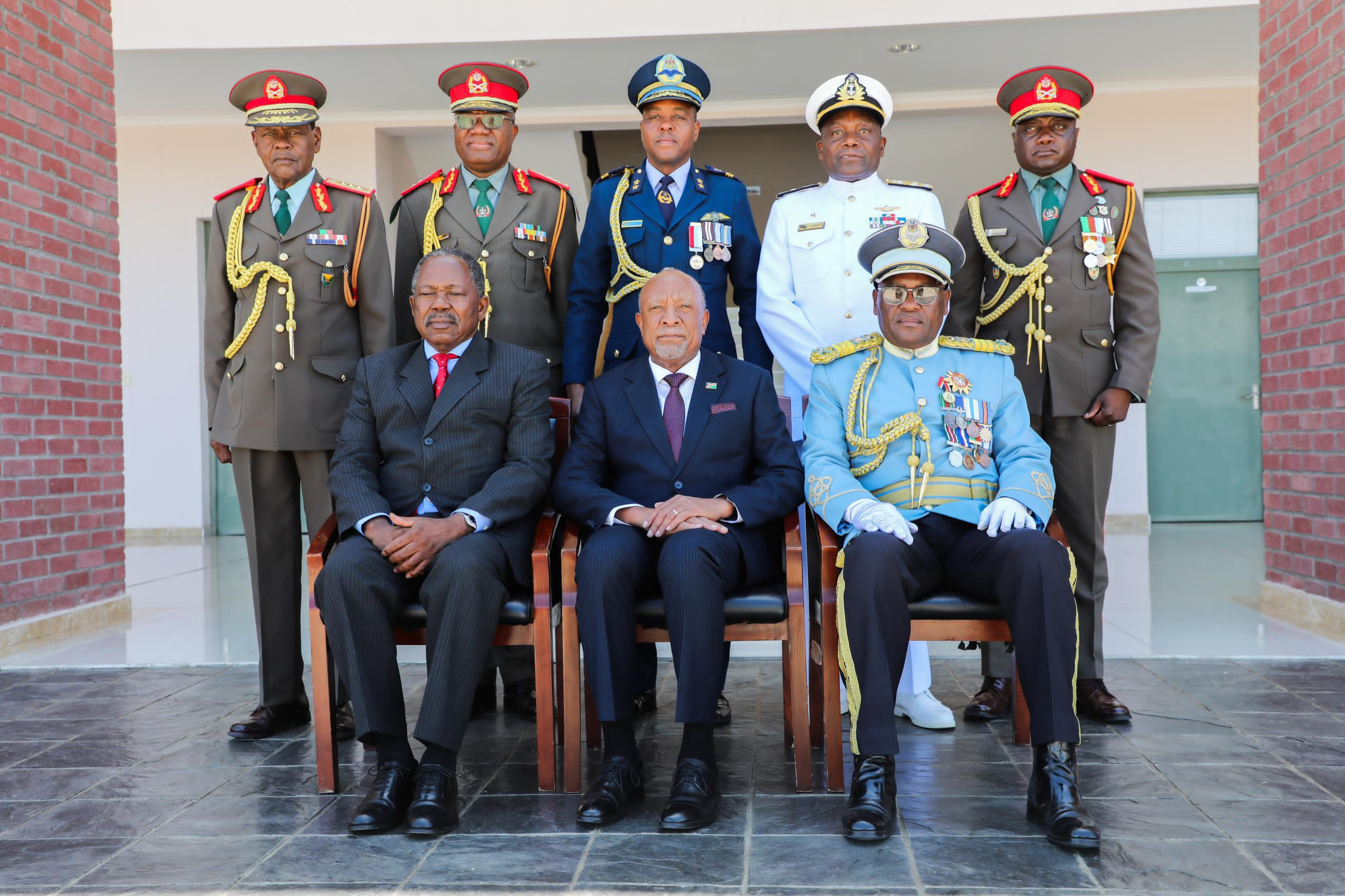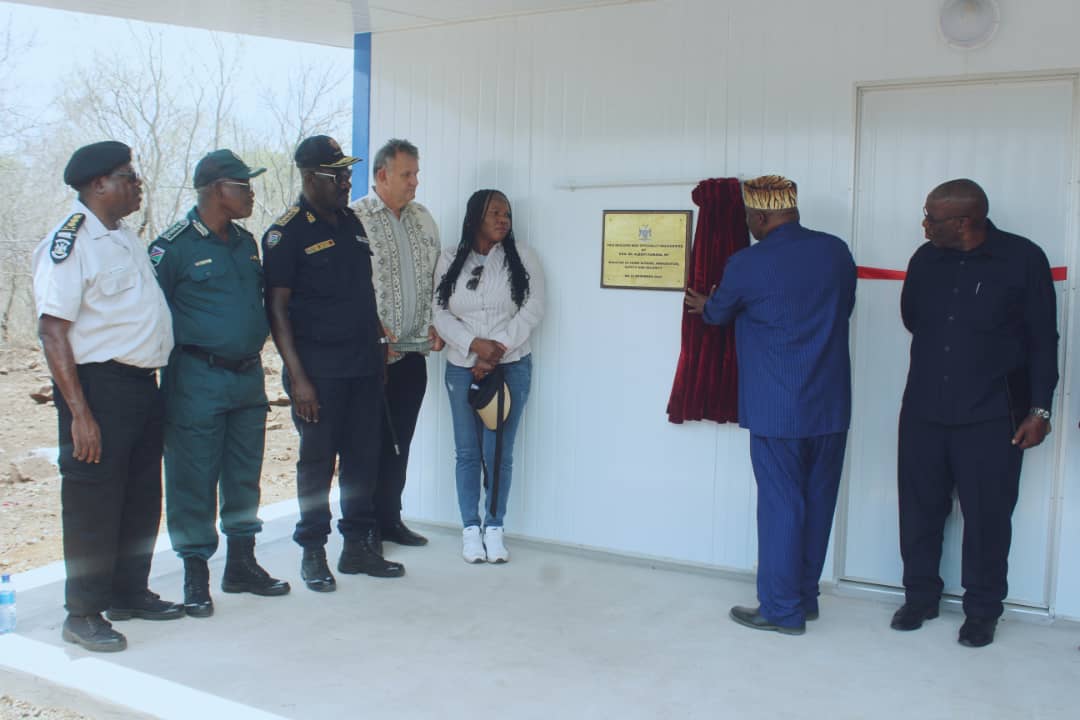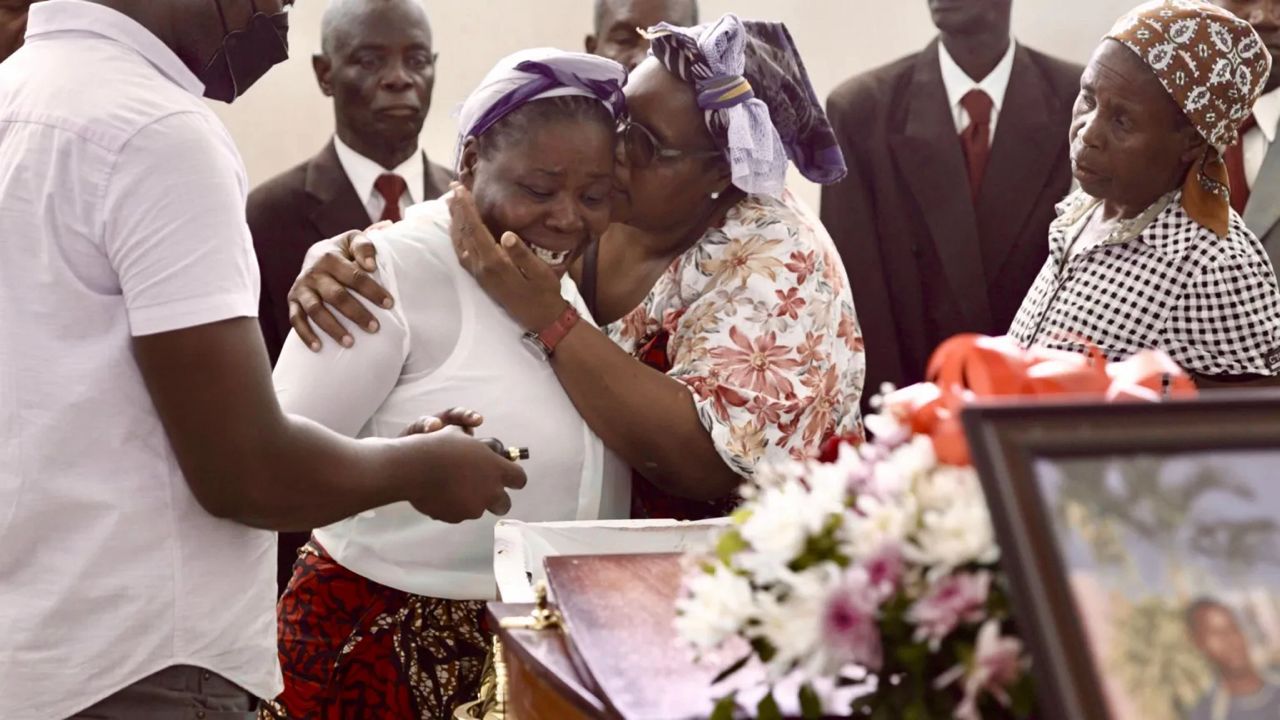The other day I woke up from a 30-year sleepy hangover after liberation, only to find ourselves still wearing last night’s party clothes – the ‘meneer’ and ‘mevrou’ outfits with matching ‘Christian Names’.
Let’s explore the amusing madness that is our collective identity crisis!
First off, what’s the deal with ‘Christian Names’ on medical cards? Has the medical profession become an awkward homage to colonial times?
Let me tell you about a recent encounter with identity issues.
I arrived at the hospital, clutching my stomach – with a pain I could not explain.
It could have been an organ crisis or simply the unholy amount of meat I ate over the weekend. Before I could get help, they insisted that I pay and complete that green medical card. Or was it the yellow one?
I asked for a pen and started entering the information asked for, and there it was: “Christian Name”.
I had to fill in a very specific name and it had to be my ‘Christian’ name. Not my Wakanda name, but the one that gets me access to a doctor in a Namibian hospital.
Who in their right mind came up with that? Or rather, who has been printing the medical cards for the health ministry and felt it is important to know the patient’s Christian name?
By all means, I want to tell you my name is Thiwana wa Ndendere, High Priest of the Holy Hollow Ngoma faith, where we honour the Grand Tree by the Kavango River.
We play the holy drums three times a day in honour of the gods – just before sunrise, when the sunrays hit the water at the bottom of the sacred well of life and when the sun rests.
Thanks to my ancestors, I’ve got titles galore, but they want my ‘Christian Name’?
Dear Ministry of Health and Social Services, I know this is a ‘minor issue’, as a government official would always explain things away, but please act like you know and believe in the Constitution of the Republic of Namibia.
Don’t ask me for funny details on official government documents.
While still on the matter of names, let’s turn to the wonderful case of people called only “Meneer” and “Mevrou”.
So, I arrived for a business meeting only to be hit by a name reveal straight out of an ‘Orkney Snork Nie’ episode – an ancient South African sitcom.
My host introduces himself simply as “Meneer”, showing off the same level of creativity as someone named ‘Frikkie’.
And, of course, there’s ‘Mevrou’, also known as ‘Missis’, his wife, straight out of a ‘Huisgenoot’ magazine.
It’s comical, really. The moment I sat down, a woman walked in with an apron that could have been featured in an antique shop and asked sincerely: “Koffie of tee, Meneer?”
She didn’t so much as glance at me – the ‘invincible stranger’ who she now has to serve a hot drink with home-baked butter rusks.
I looked at her wondering what her name is, if the people she works for are only ‘Meneer’ and Missis or ‘Mevrou’.
Can you imagine the dilemma if one day ‘Missis’ falls and breaks a leg and ‘the help’ only knows her as ‘Missis’ when the paramedics ask for the patient’s name?
And what are the children called? ‘Small Mister’ and ‘Small Missis’?
I can only ask questions.
Could the domestic worker’s name be ‘Auntie’, ‘Meme’, or just “you”?
What would the pronouns be in that house? Is it safe to call Meneer and Missis, “they/them”?
Would the woman in an apron respond to “it” or “you people”?
It is subtle and sophisticated and it is carefully maintained by all, whether they know it or not.
It is the little nuances we would rather ignore on an institutional document such as a medical report card at a state hospital.
It is right there with those from the “no way I can be tribal”, because I have three white friends – or the other way around.
We are all tribal, and I mean all the tribes of Namibia, black and white.
Stay informed with The Namibian – your source for credible journalism. Get in-depth reporting and opinions for
only N$85 a month. Invest in journalism, invest in democracy –
Subscribe Now!






